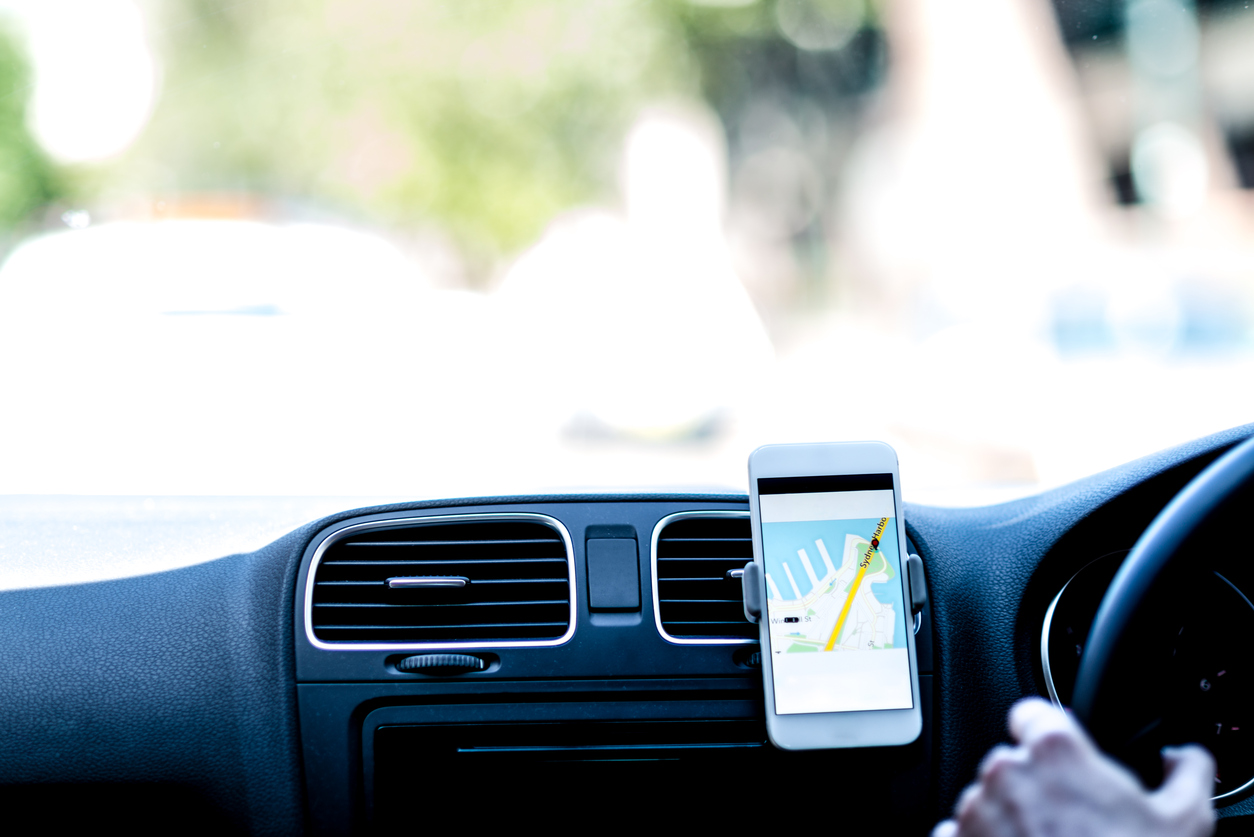Morning Report: Grab’s $2 billion just adds to the huge sum of money deployed into ridesharing companies. None of which, to our knowledge, are close to approaching profitability.
This morning it was reported that Grab, an Asian ridesharing company, raised $2 billion. Your complete lack of response to the news is half our point: so much money is flowing into the ridesharing niche that we’ve become inured to it. We have stopped asking enough questions about the industry itself.
An addendum in a moment about the profit question (and yes, we realize that many companies should run operating deficits while in high-growth mode). For now, let’s observe how much money has poured into ridesharing in aggregate.
Grab And Friends
First, Grab’s new round. Here’s TechCrunch’s Jon Russell on the matter:
Grab, the ride-hailing company competing with Uber in Southeast Asia, has pulled in $2 billion of new financing […] Didi said the round could expand by $500 million more with input from other existing backers and new investors, too. […]
A source confirmed that this new money gives Grab a post-money valuation of more than $6 billion. That’s more than double the $3 billion valuation that Grab commanded from its most recent round of funding in September 2016, when it raised $750 million.
The somewhat-shortened passages above contain the key facts: Grab picked up $2 billion, which could grow to $2.5 billion, and it more than doubled its valuation in the process. Grab, according to Crunchbase, has now raised $3.44 billion.
That figure alone is staggering, but it is slight when placed next to the amount of capital raised by certain rival ridesharing companies. To wit, the following list shows the amount of capital raised by a number of global Grab rivals:
- Didi: $12.94 billion (15.74 billion inclusive of non-equity funding)
- Uber: $8.81 billion ($11.56 billion inclusive of non-equity funding);
- Lyft: $2.61 billion
- Ola: $1.72 billion
And there are other players. That’s just a list off the top of my head. The total crests $30 billion, which for a collection of private companies with completely uncertain abilities to drive profit feels either brilliant or dangerous, depending on your risk tolerance.
On the profit point, the following paragraphs relate to new financial reporting rules that will impact Uber and Lyft in the near-term here at home:

Does Uber’s valuations (and implicitly its prior capital raises) make less sense if its revenue falls by as much as the article posits? Does Uber’s valuations (and implicitly its prior capital raises) make sense if the decline is only half as bad? Or does Uber need every dollar of its top line to stick if it wants to defend its record-setting valuation?
From The Crunchbase Daily:
WebMD acquired for $2.8B
- Internet Brands, a portfolio company of private equity giant KKR, is acquiring health information site WebMD for $2.8 billion. The purchase price represents a premium of about 20 percent over WebMD’s share price prior to the deal’s announcement.
Grab raises $2B from Didi, SoftBank
- Grab, the leading ride-hailing platform in Southeast Asia, is on track to raise $2.5 billion from new and existing investors in what it described as the largest financing in the region’s history. Didi Chuxing and SoftBank will together invest $2 billion, and Grab said it expects to raise another $500 million to fill out the round.
Texans try to boost tech diversity
- Entrepreneurs and investors often lament the lack of diversity in tech in Texas. However, several groups in the state are working on programs for women and minority entrepreneurs to make inroads, Crunchbase News reports. In other news, we talk to Andrew Murray, founder of ski forecaster OpenSnow.

Stay up to date with recent funding rounds, acquisitions, and more with the Crunchbase Daily.




![Oct Calendar page being torn off to make way for Nov. [Dom Guman]](https://news.crunchbase.com/wp-content/uploads/oct-nov-300x168.jpg)



67.1K Followers